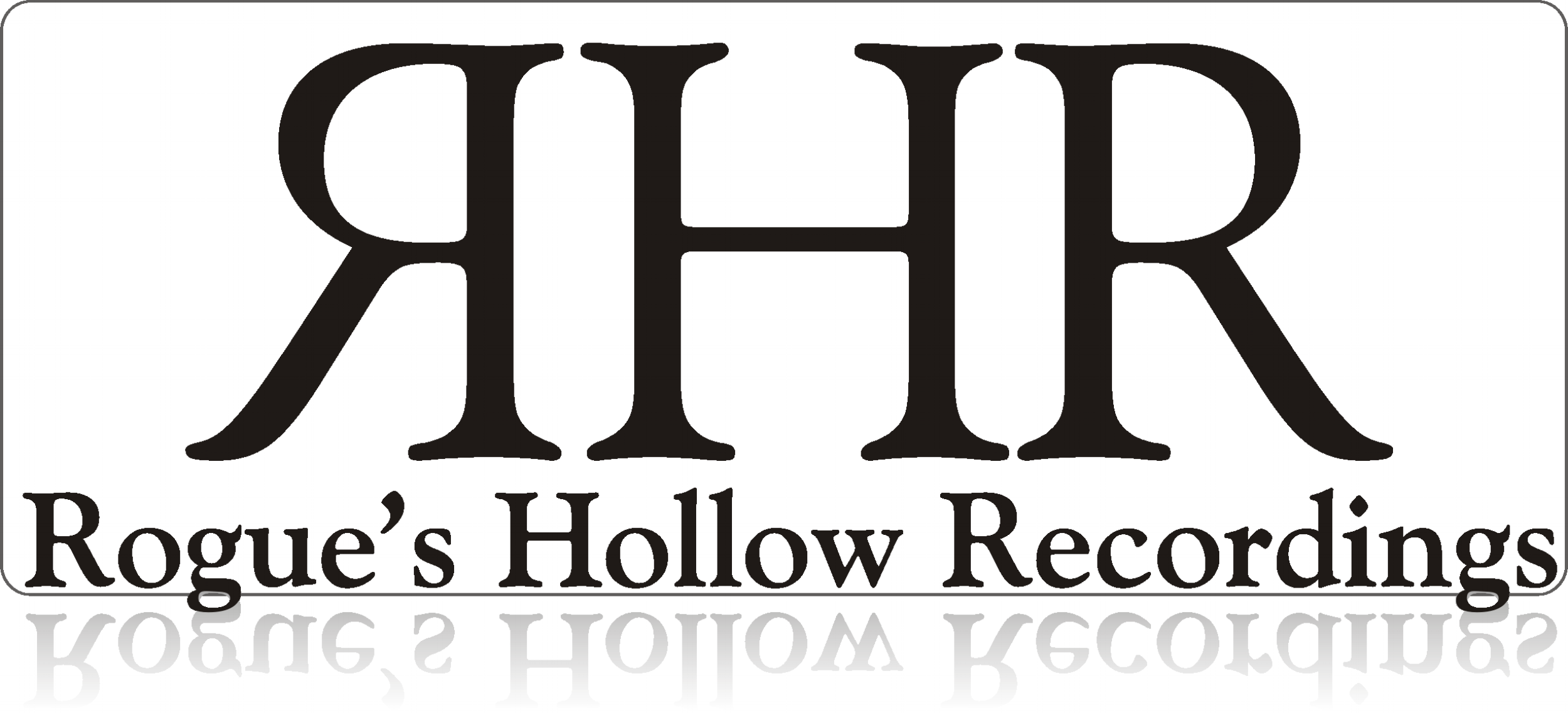Best Laid Plans
8 Planning Disasters To Avoid
Whether you're recording in a home studio or a larger studio, there are pitfalls every artist, musician, or band faces. The worst part is that you don't necessarily know what they are until you get there. If you don't have enough experience working in the studio situation, everything you don't know takes more time and money. Even with an experienced engineer or producer, you still have to do the work. Perhaps you worked out the song but not precisely enough so that the timing, lyric phrasing, or song key don't become issues. Perhaps your singer doesn't know how to warm up properly and sounds strained (the vocal ultimately needing to be redone) or you didn't anticipate the setup costs in getting the guitar or drum sounds right. Each of these aspects is frustrating, costly, and can be career (if not ego!) damaging.
1.) Lack of Rehearsal
It's a big mistake to think you can get a great recording when you don't have the song down. It's hard enough to get a great performance when you are well rehearsed, have plenty of time, and don't feel pressured. It's even worse when you're winging it, time is passing, and you can't get a decent take. For singers: Learn the lyrics, timing, and melody by heart, and have it at a performance level. For a band: Each member must have his or her parts down solidly and with expression.
2.) No Plan
Plan out the entire recording so that if on one day the singer is sick, you can cut additional keyboard or guitar parts and still stay on schedule. Anticipate that everything takes at least an hour or two more than you think.
3.) Composing in the Studio
Making up parts in the studio is great if it's a home studio and you have plenty of time to create them and then perform them well. If you're in someone else's studio or a bigger studio, the pressure of the clock is ticking, and you may find you need to rewrite and redo the parts later anyway.
4.) Thinking Live and Studio Parts are Interchangeable
You can't charm the cold digital recording with your wicked smile. Performing live is not pre-production. Every line, every chord makes a difference in the studio. You can get away with a lot of things onstage–musically and vocally–that don't work or translate well into the studio.
5.) Relying On The Producer To Fix Things You Should Have Worked Out In Pre-Production
If I had a dime for every time this happened.... Studios love it when artists do this because you take twice as much time recording and spend, of course, much more money. On the other hand, wonder why producers and engineers are very selective about the artists they work with? Because they have to put up with this stuff before they can even get to the project creatively, much less take it to the next level.
6.) Not Determining Who Owns What Upfront
This is a setup for disaster. On a band, song, project, producer, or engineer level, as well as a legal level, every aspect needs to be worked out and agreed to in advance. For example, who owns the track? What percentage is the songwriting or production cut? Who gets what credit for arrangement, playing, producing, etc...? Who owns the copyrights and publishing?
7.) Not Getting Agreements in Writing
Art is art; business is business. Musicians are all too ready to trust what people say they can do (with the recording, for their career, etc.). Get agreements in writing to avoid disagreements and disputes later on. Plus, if something positive does happen with the project, you and everyone else will know where they stand.
8.) Not Budgeting Enough Time Or Money To Complete The Project
There's nothing worse than running out of money before you record all the songs. Or trying to rush through them because you didn't book enough time and now the performance suffers (and you can't use it). Don't be unrealistic! It takes even more time and money to fix a project when it's going wrong or is half completed. Plan it! Even Kurt Cobain budgeted $125 for Nirvana's first demo (and then got signed!).
---------------------------------------------------------------------------------------
By Teri Danz
Featured in EQ Magazine, October 2010 www.EQMag.com
